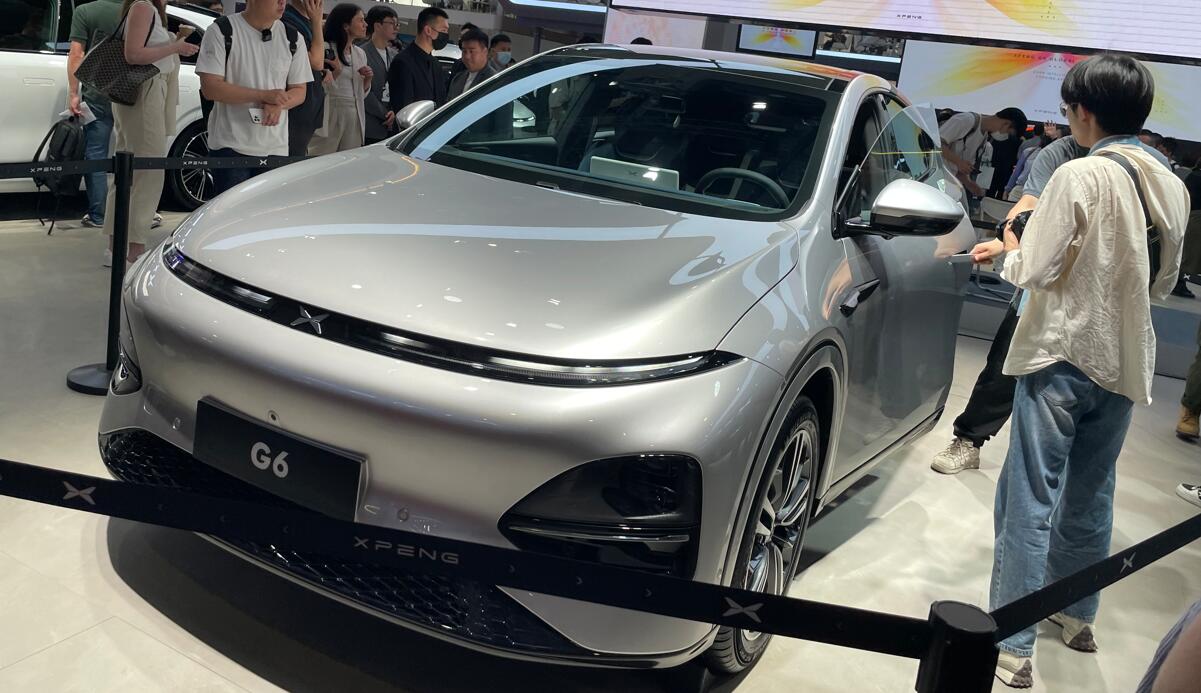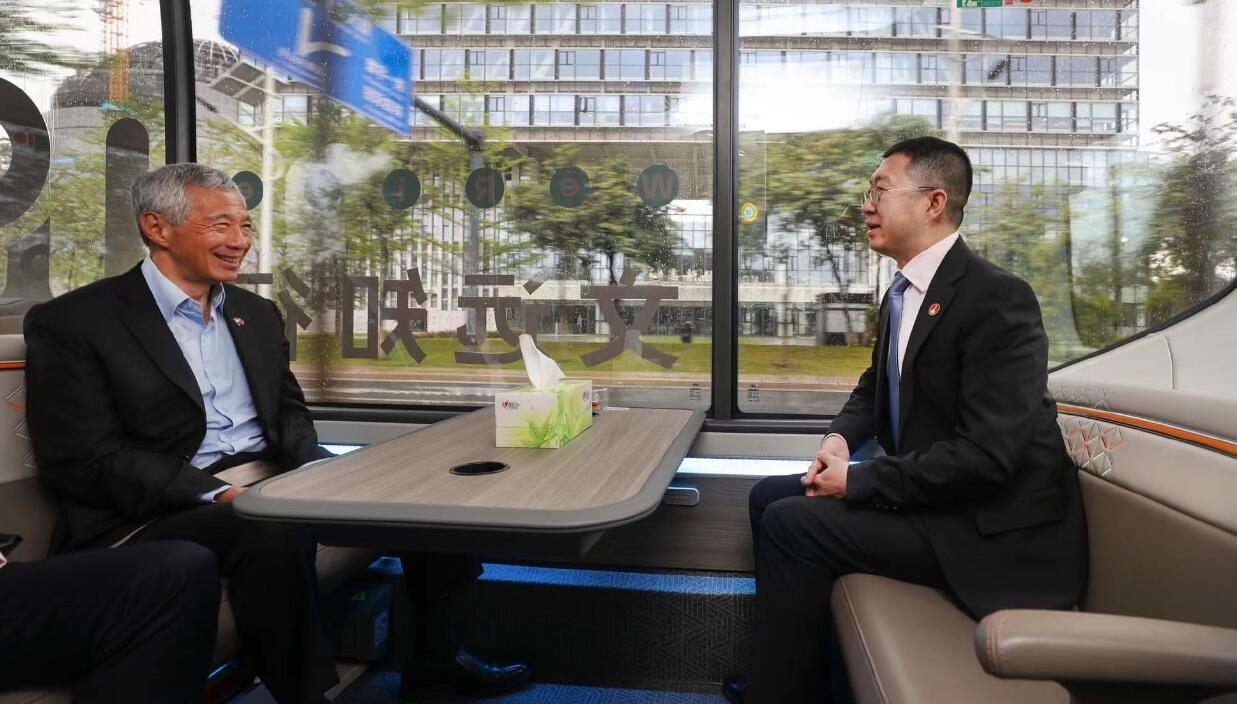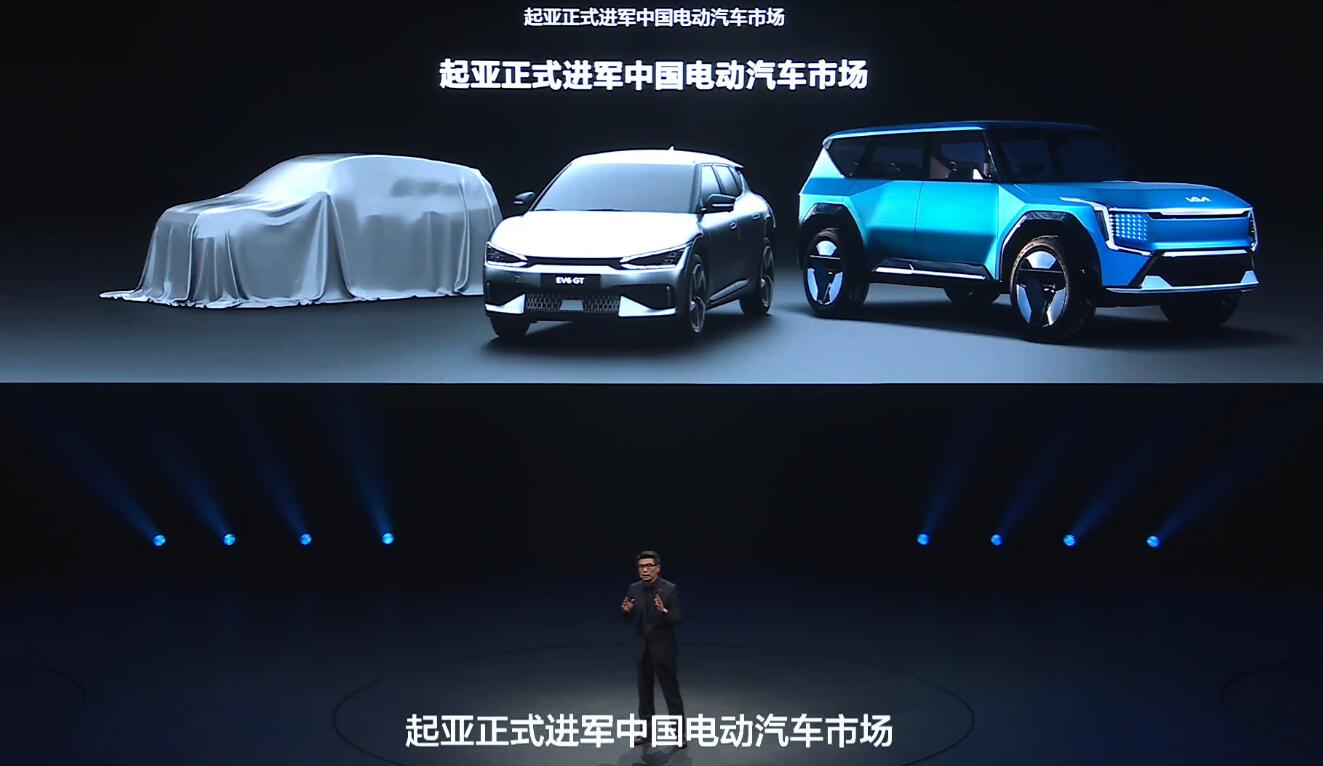The P7i, which was launched in March, continues to gather strong order momentum and the company is significantly ramping up production, which will accelerate customer deliveries in the near future, XPeng said. | XPeng US | XPeng HK

XPeng's (NYSE: XPEV) deliveries in April were essentially flat compared with March, as the company appears to be on the cusp of emerging from a mire of weak sales.
The Chinese electric vehicle (EV) maker delivered 7,079 vehicles in April, down 21.36 percent from 9,002 a year ago but up 1.1 percent from 7,002 in March, according to data released today.
This is the third consecutive month-on-month gain in monthly XPeng deliveries, after about a year of weak sales.
XPeng did not provide model-specific breakdown figures for the models it currently sells, which include the flagship SUV G9, flagship sedan P7i, older P7, P5 and G3i.
The P7i sports sedan, launched in March, continues to gather strong order momentum, XPeng said, adding that the company is significantly ramping up production, which will accelerate customer deliveries of the P7i in the near future.
XPeng unveiled the new SUV G6 on April 18, the first day of the Shanghai auto show, which is based on the 800 V high-voltage platform and can get 300 kilometers of range in as little as 10 minutes on a charge.
XPeng did not announce specific specifications or pricing information for the G6, and they are expected to be known at the official launch event in the future.
The company's management previously said the G6 will be officially launched and delivered by the end of the second quarter, with a price range of RMB 200,000 - 300,000.
The G6's debut at Shanghai auto show generated remarkable enthusiasm among visitors, making XPeng's booth one of the most popular at the event, the company said today.
The model is scheduled to be officially launched at the end of the second quarter with deliveries immediately following, XPeng said, repeating its previous plans.
On April 16, XPeng unveiled its next-generation vehicle technology architecture, SEPA (Smart Electric Platform Architecture) 2.0, on which the G6 is the first model to be based.
This architecture will shorten the development cycle of future models by 20 percent and optimize development efficiency significantly. Interchangeability and interoperability of common and modular components between new models will reach 80 percent, enabling XPeng to meet diverse customer needs at an optimized cost, it said at the time.
In April, the XPeng G9 received a third-class road test license in Guangzhou for passenger-carrying autonomous driving tests, XPeng said today.
The company expects to expand the G9's self-driving tests to all customers in Guangzhou's Huangpu district in the second half of the year, giving more customers access to new mobility experiences, it said.
The post XPeng delivers 7,079 vehicles in Apr, largely flat from Mar appeared first on CnEVPost.
For more articles, please visit CnEVPost.













